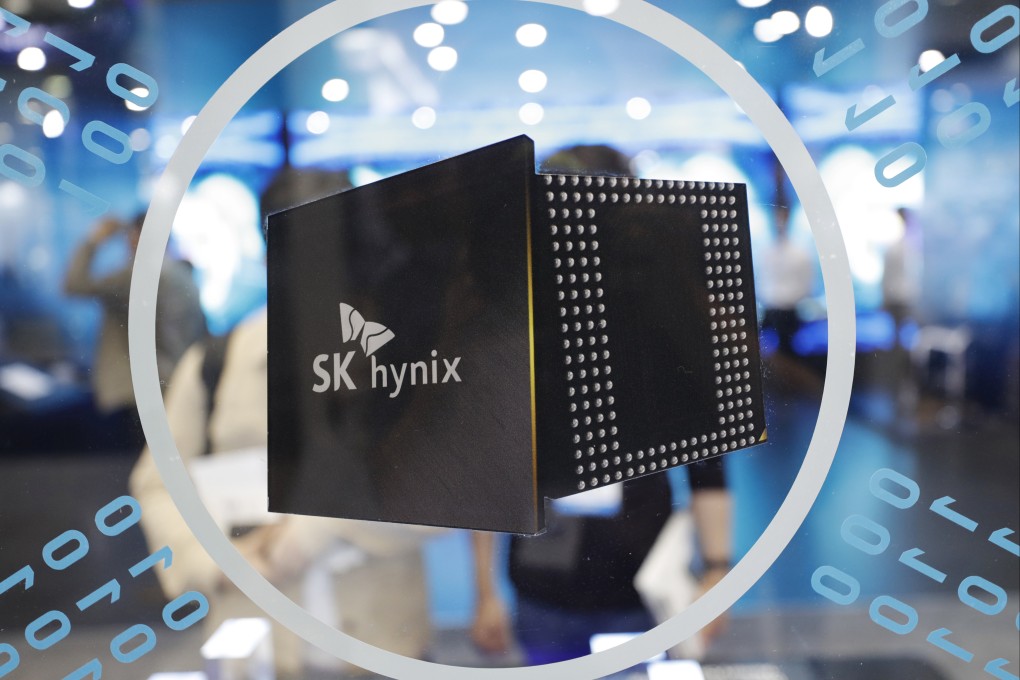Tech war: SK Hynix executive says Korean chip maker may sell China fab under ‘extreme’ US pressure
- SK Hynix’s chief marketing officer reportedly tells analysts the South Korean company is looking into various contingencies involving the latest US export controls
- The firm’s factory in the eastern Chinese city of Wuxi accounts for half of SK Hynix’s DRAM chip output and 15 per cent of the world’s production

A senior executive at SK Hynix, one of the world’s top memory chip makers, reportedly said the firm may sell its massive Chinese plant in the extreme scenario where Washington’s latest export controls made it too difficult to sustain production, suggesting a potential decoupling between China and South Korea in the semiconductor industry.
SK Hynix’s chief marketing officer Kevin Noh said on Wednesday in a conference call with analysts that the chip maker was putting in place various contingency plans for its Chinese plant in Wuxi, a city in eastern Jiangsu province, according to a Bloomberg News report.
“If the time comes when it appears difficult to maintain operation of the fab in Wuxi, then we might have to sell off the fab or move the equipment to Korea,” Noh was quoted saying. “We are looking into various scenarios, but again, this would amount to a contingency. So this would be an extreme situation.”
It was the first time that the company had put forward the possibility of ending manufacturing in China.
In a statement to the South China Morning Post later on Wednesday, SK Hynix seemed to walk back Noh’s comments, saying the company had never mentioned any plans to quit operations or shut down its facilities in China.
“SK Hynix will do its best to ensure stable operation of its facilities in China,” the company said.
